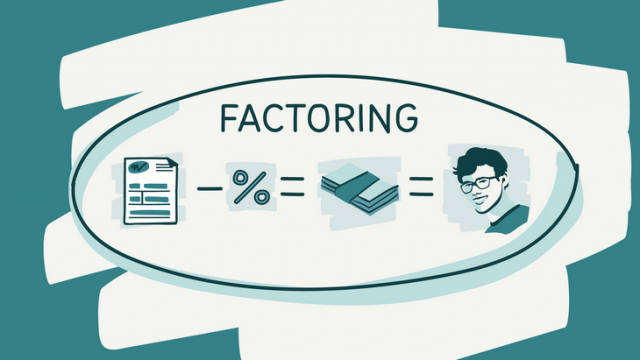Invoice Factoring is a great way to get cash quickly for your business. If you have an invoice that’s past due but still can’t afford to pay it off in full, then invoice factoring can help you out. In this article, we will cover everything from what invoice factoring is and how it works, along with some tips on finding the best invoice factoring company for your business needs.
What is an invoice factoring company?
An invoice factoring company is a kind of loan company that buys invoices from you and then pays you back. They buy the invoices, which means they own them, and then they sell them to another party who wants to pay their bills.
In the case of an Invoice Financing Company Australia, you are being paid back by the lender based on what’s in your original invoice (the amount owed). This can sometimes take months or even years as long as it’s done correctly—and if not? Then there’s nothing else left but bad news!
The best part about using an invoice factoring company is that they can get money into your business quickly without having to wait around for checks or wire transfers because they have access to cash immediately upon receiving payment from whoever has purchased their product/service/etcetera.”

Why would you want to use a factoring service?
When you use a factoring service, you can expect to receive your payments faster than if you were to wait for the full amount to be paid by your customers.
Additionally, when you put money into a factoring company, it is usually in the form of a lump sum payment instead of being spread out over several months or years. This means that there’s no waiting period between receiving the funds and being able to spend them on whatever business needs are present at that moment! The best part: with most companies offering interest rates ranging from 2%–8%, there’s no limit on how much money they will lend out! They also offer flexible terms so that even if things don’t work out as planned (like if something happens with one customer), their staff will always be willing to help guide clients through any issues that arise during this process.”
What are the drawbacks of using an invoice factoring company?
There are some drawbacks to using an invoice factoring company. You have to pay a fee every time you want your invoices paid, and if you don’t use the service, or even if you do but don’t check back in regularly, it can be difficult for them to find out where your money has gone.
Another potential downside is that these companies are often more expensive than traditional banks and credit unions because they don’t offer loans or lines of credit; instead, they simply buy up bills at discounted rates from their clients (you). However, this can also be good news—since these companies aren’t beholden to bank regulations like most other financial institutions are, they tend not only to be more flexible when it comes down to choosing who gets paid first but also offer better terms than traditional lenders do when issuing loans.
How to find an invoice factoring company that’s a good fit for your business
You’ll want to do your research before you start talking to any factoring companies. Start by looking at the company’s website and social media pages, then talk with current customers in person or over the phone. If possible, you should also talk with the management, sales, and finance teams. If possible, ask these people about their experiences working with the company; this will give you a good idea of how things might go down during future transactions with them.
What factors should you consider when choosing an invoice factoring company?
When choosing an invoice factoring company, you want to be sure that they are experienced in your industry and have a good reputation. It’s also important to look for a company with a good track record of paying invoices and providing customer service.
Conclusion
The truth is that by using an invoice factoring company, your business can get access to funding at a much lower cost than if it were financed through other means, like a line of credit or alternative financing. This can be very beneficial for businesses that have high operating costs or need capital to expand their business operations.


